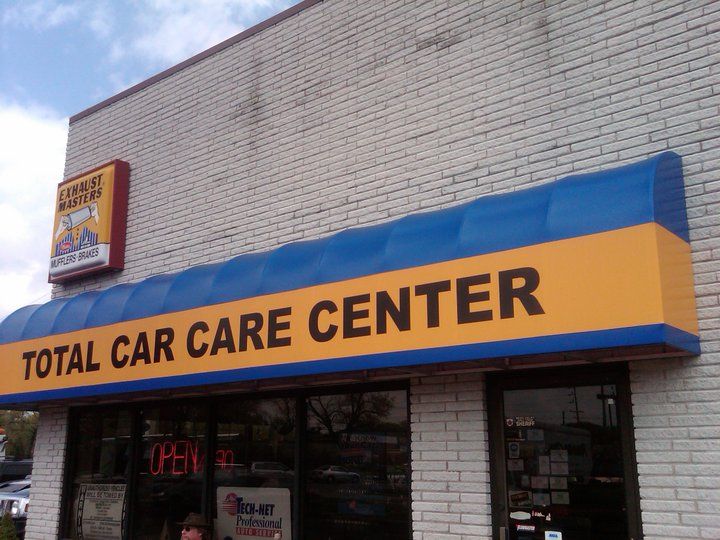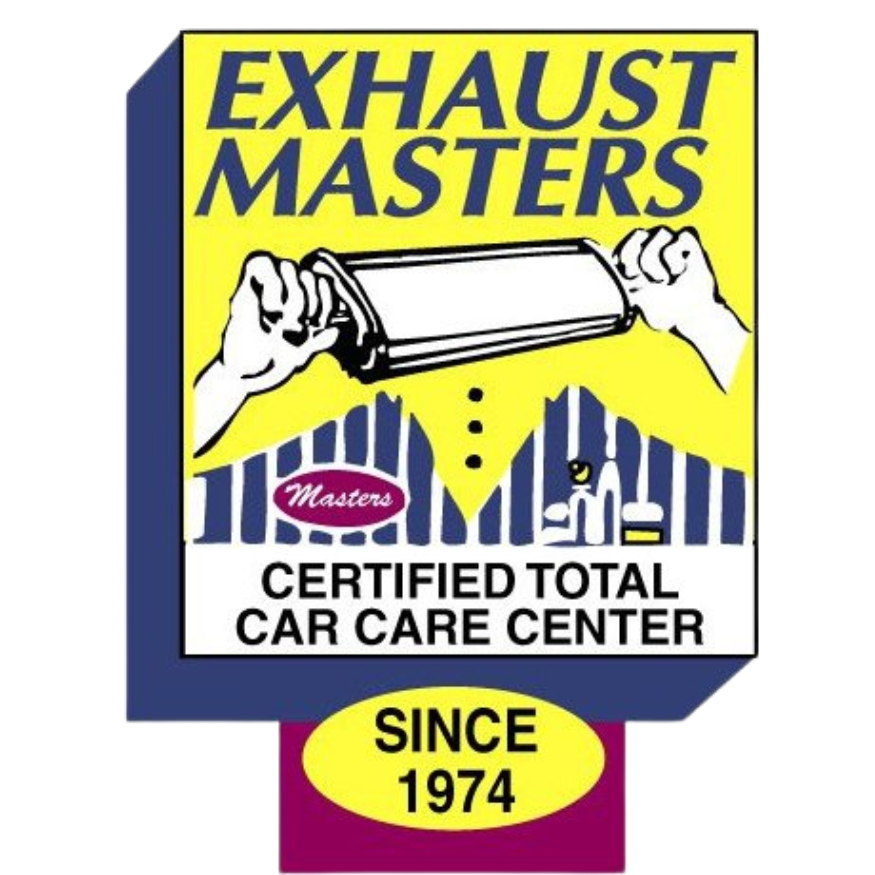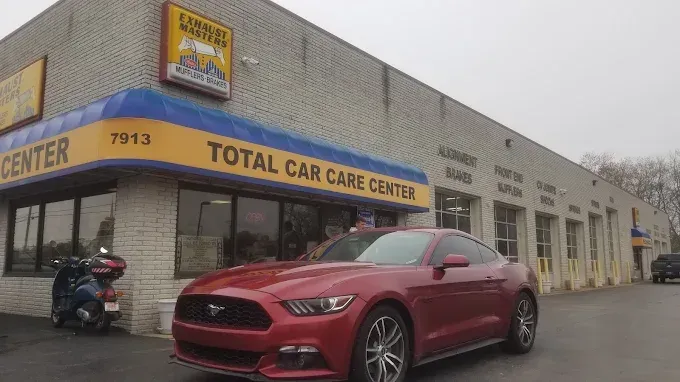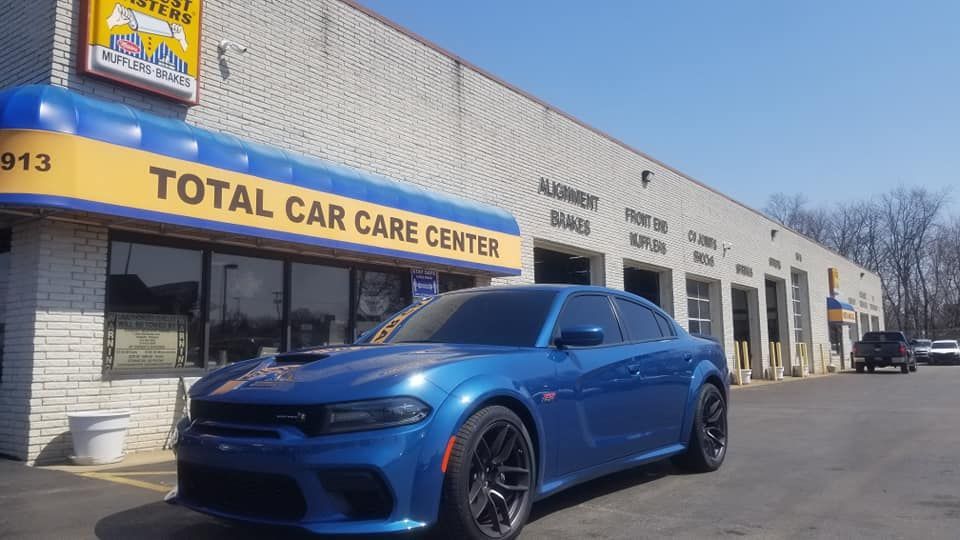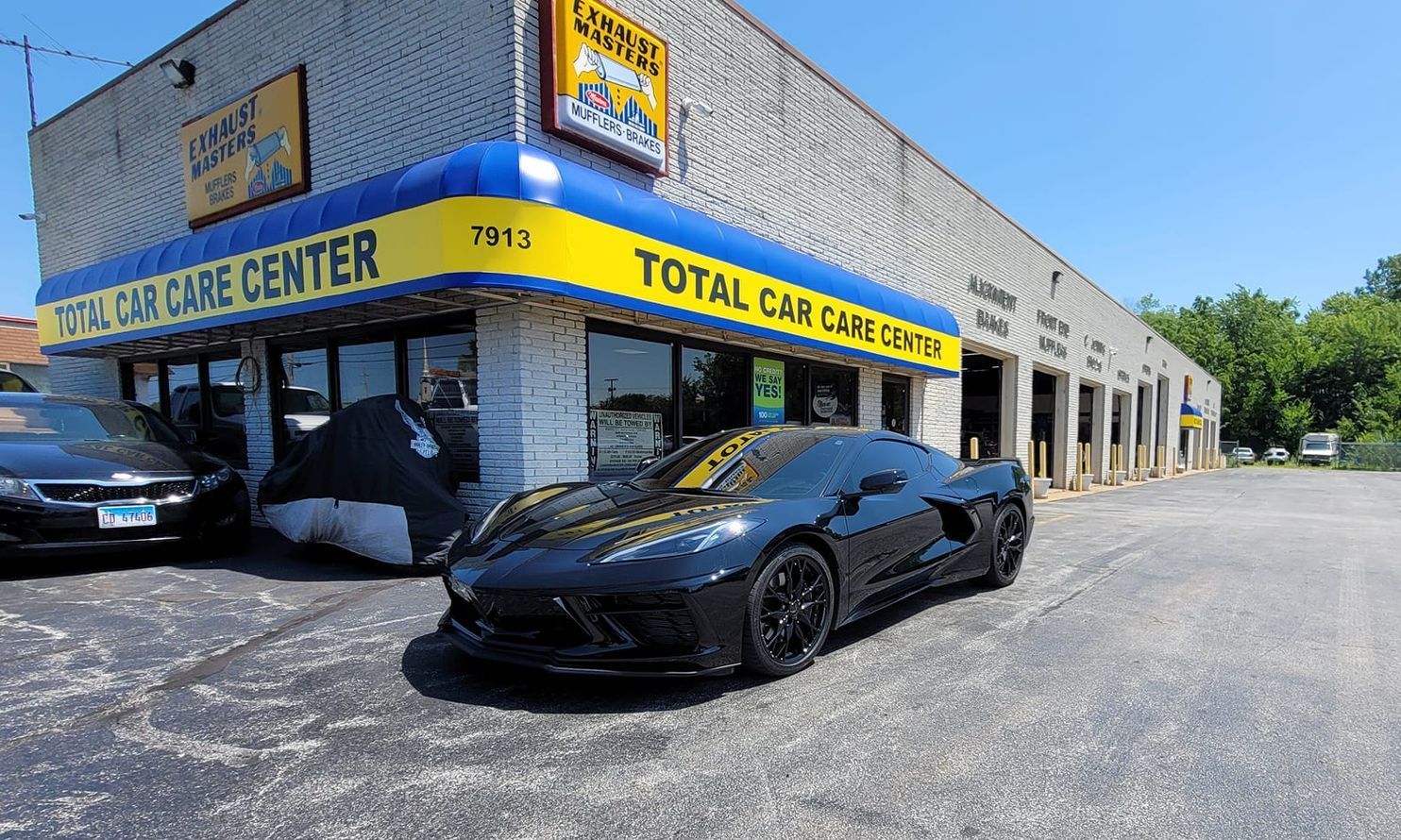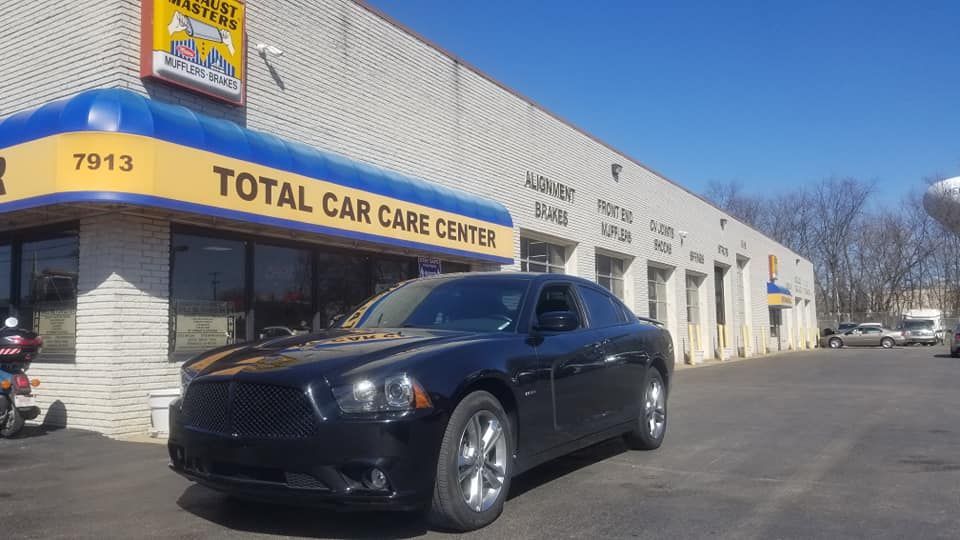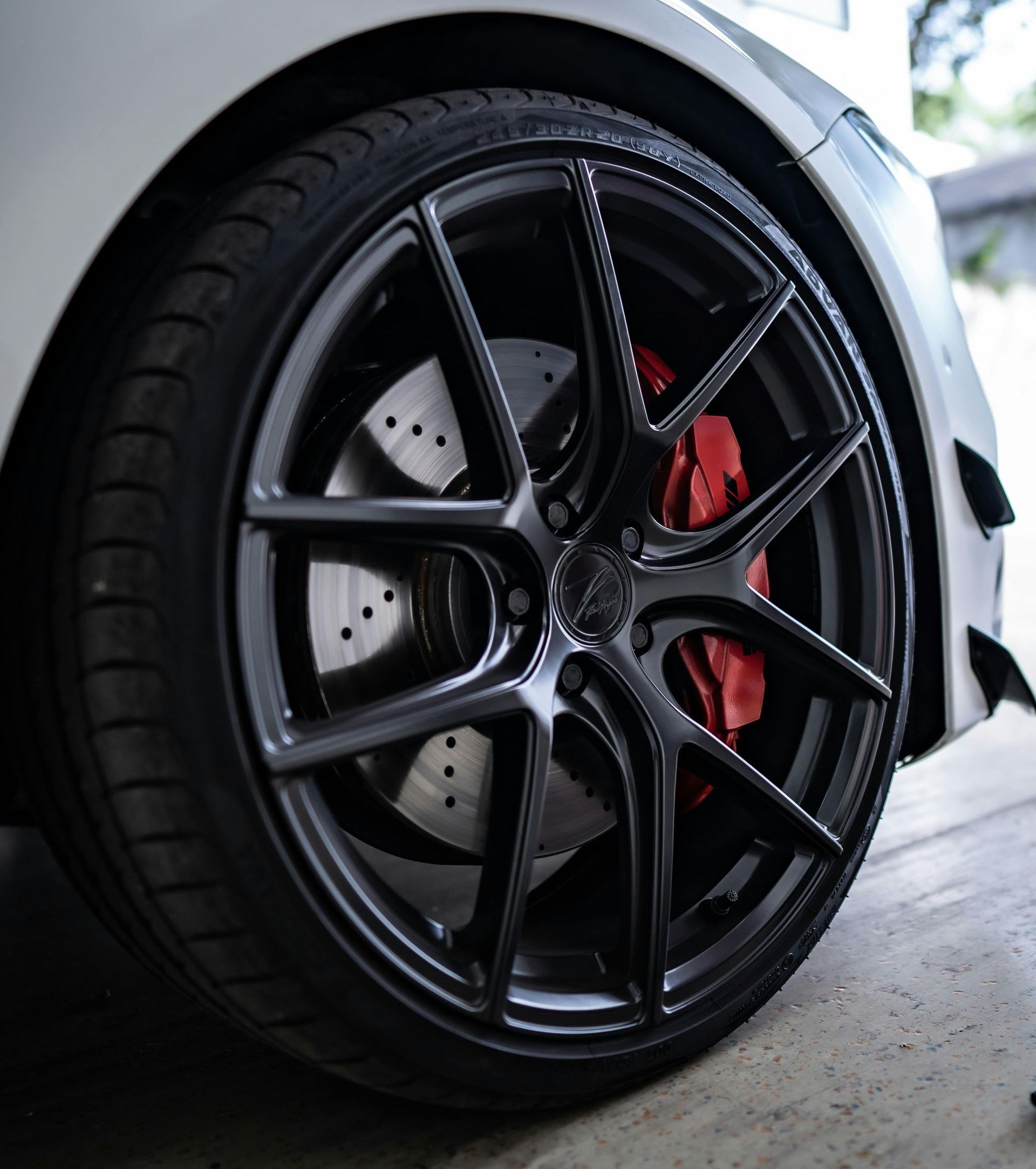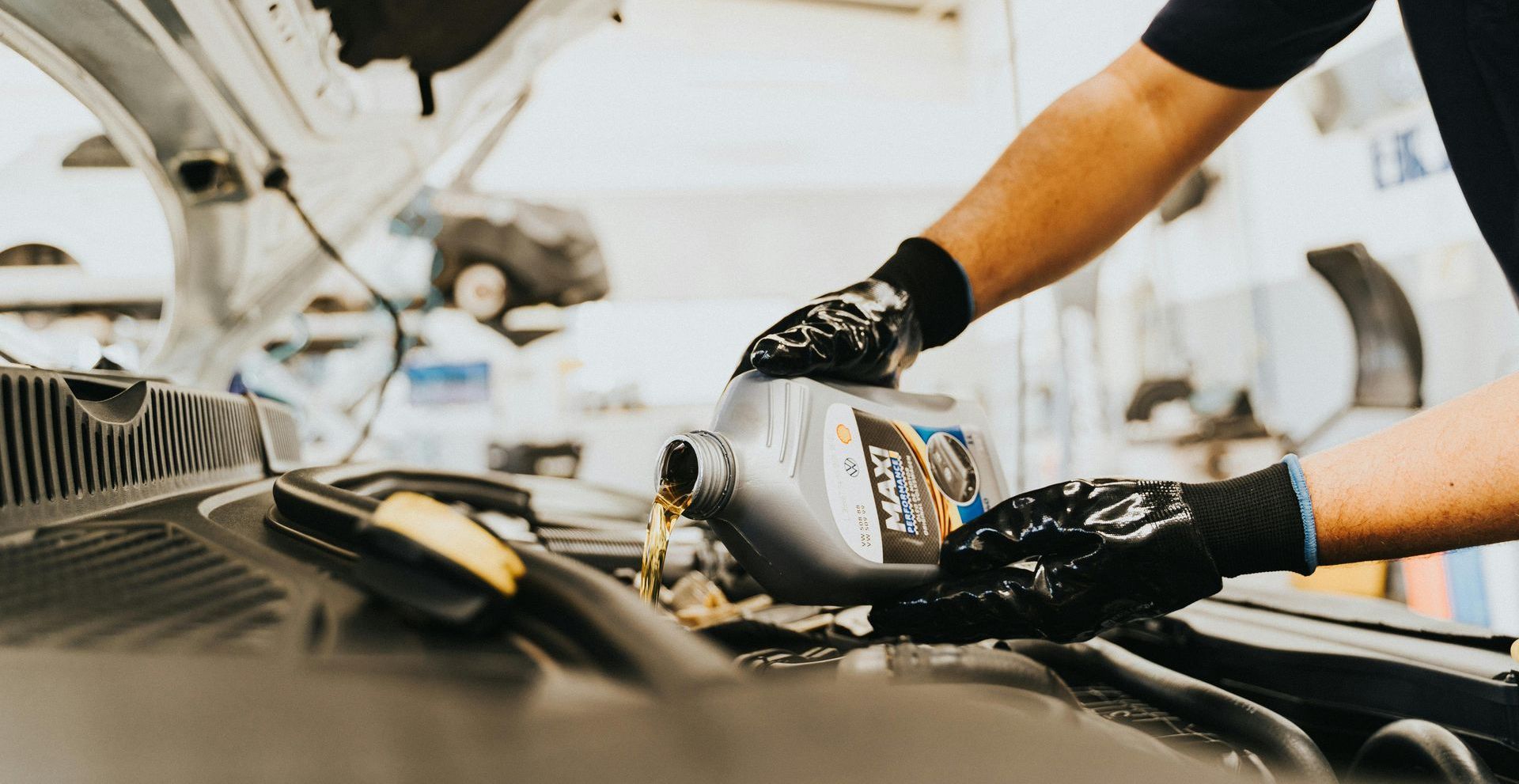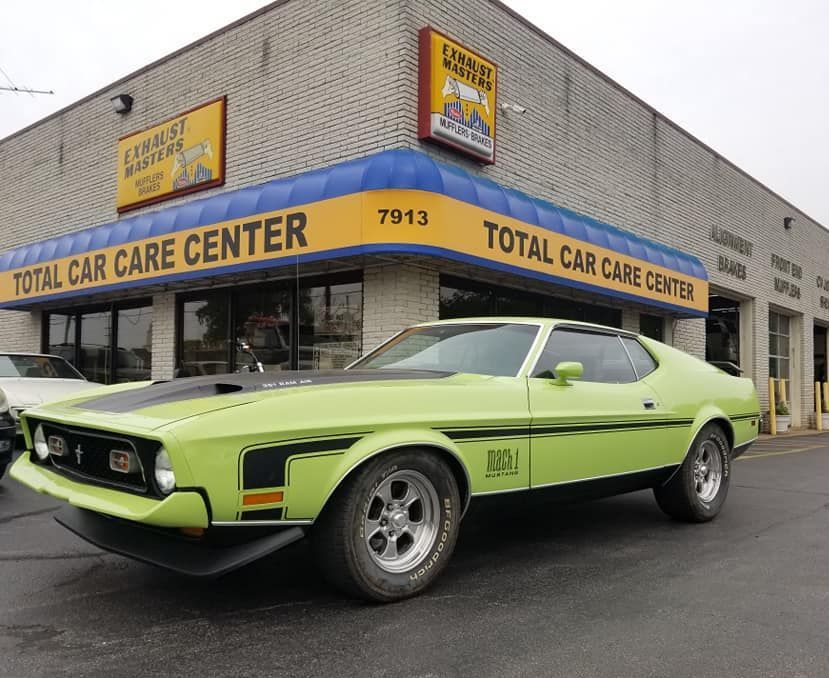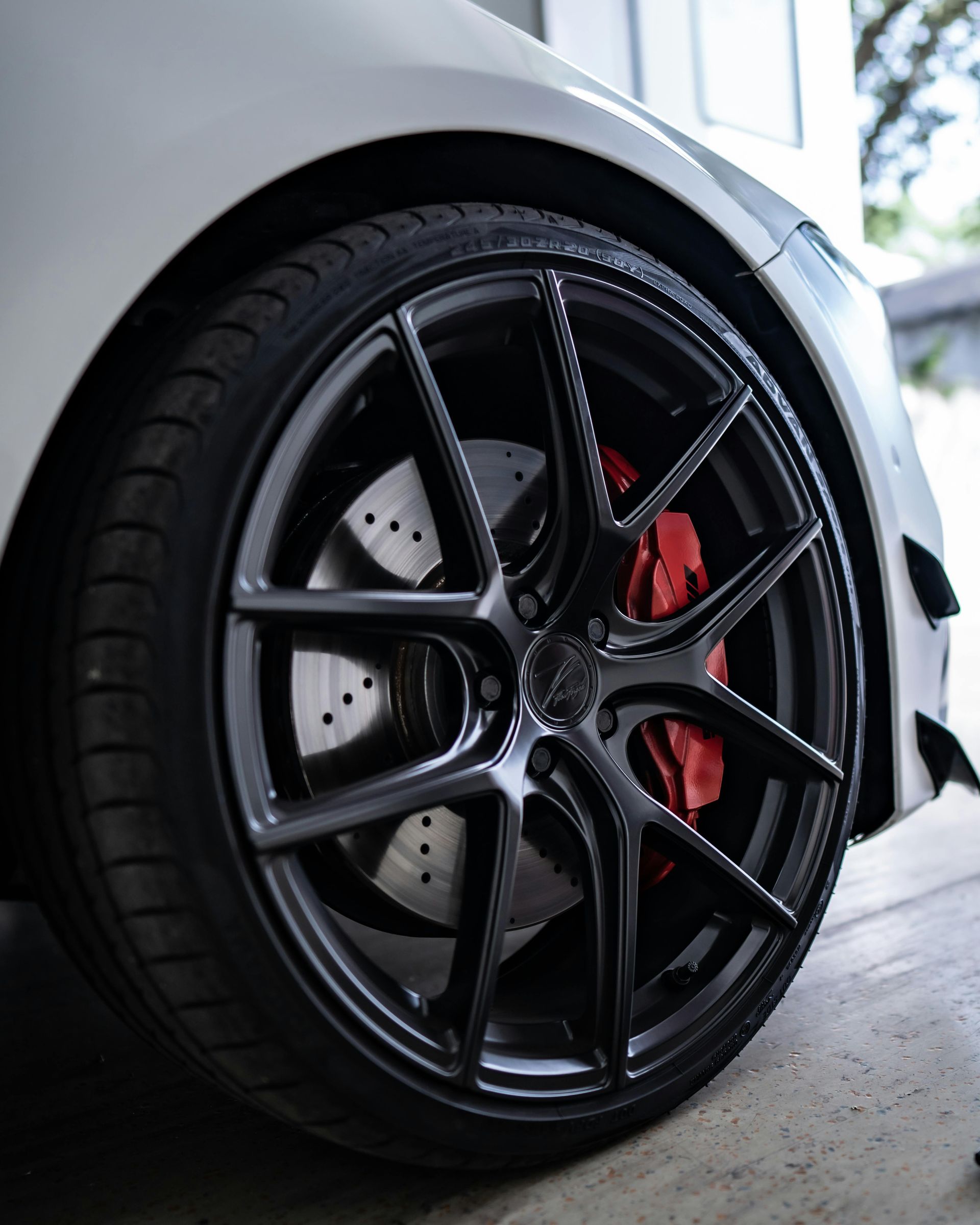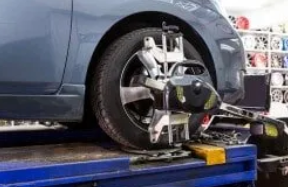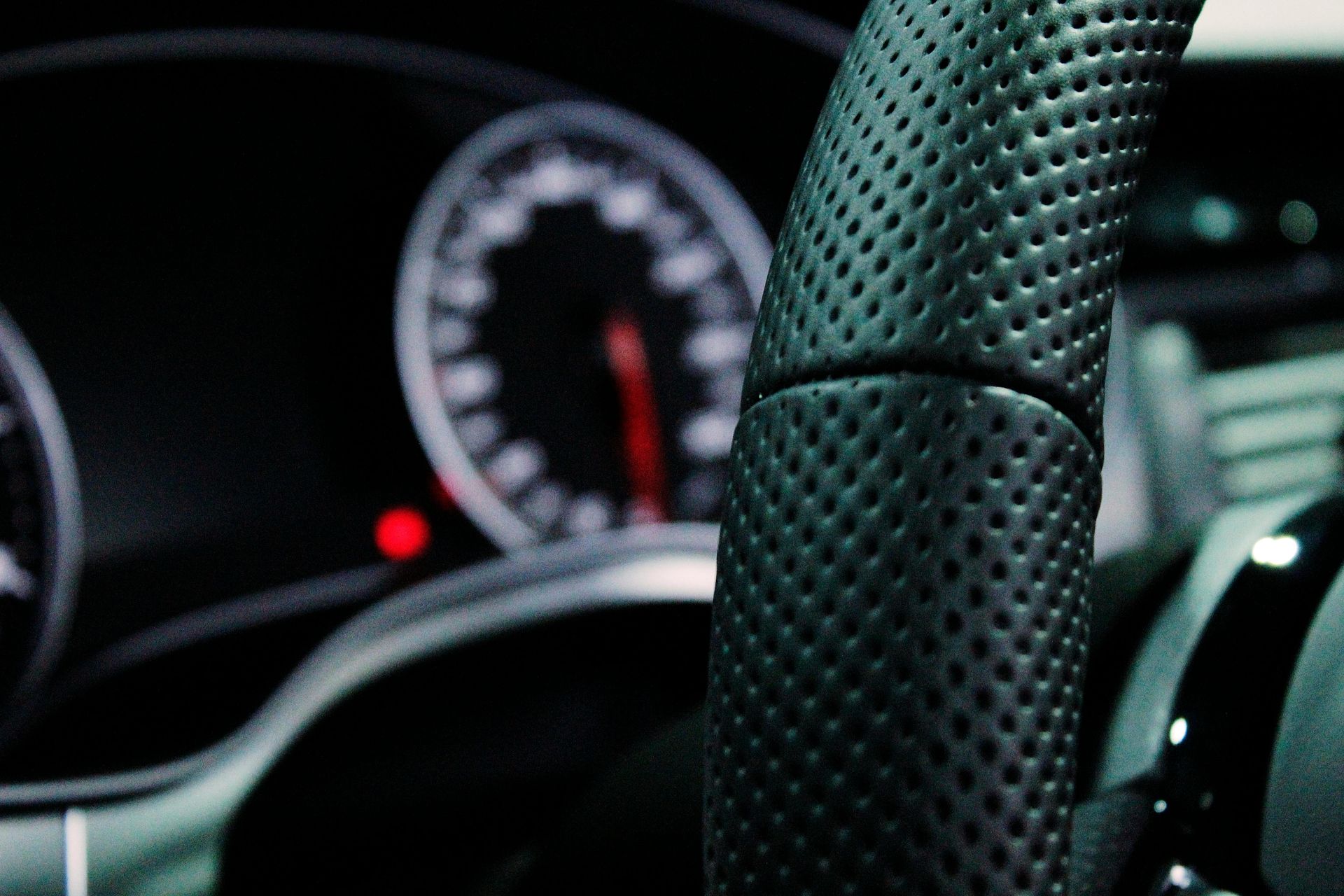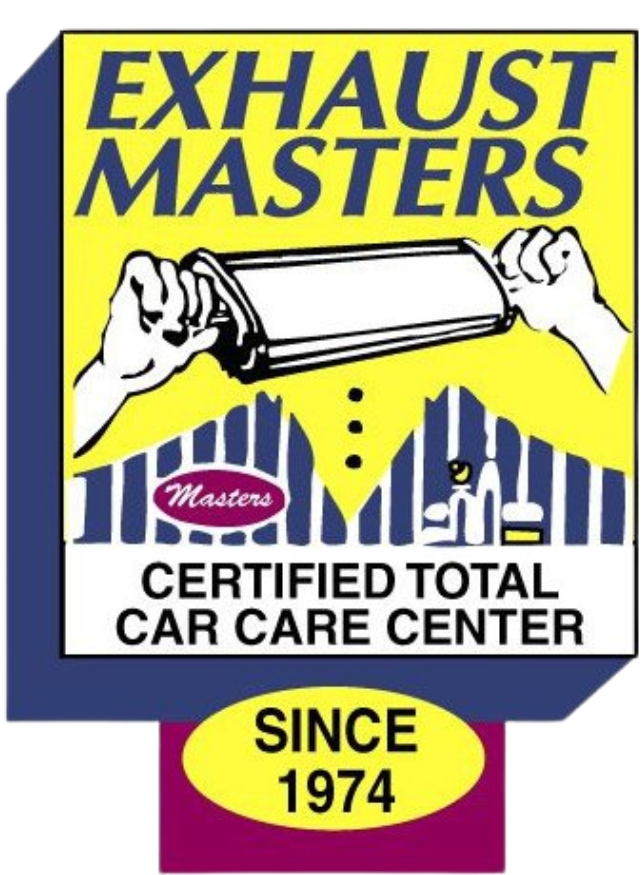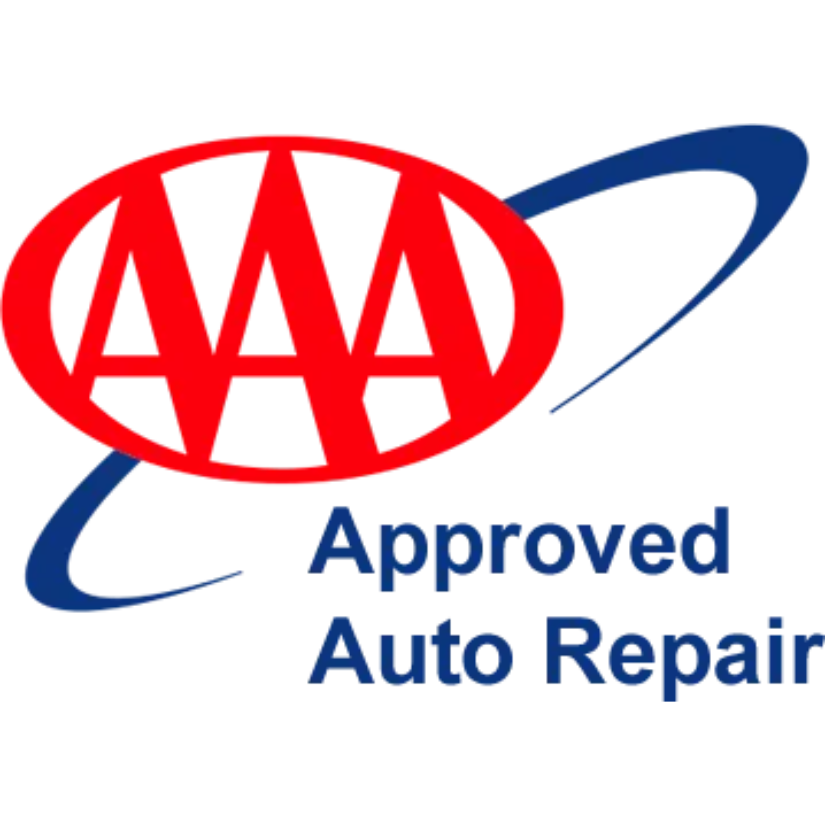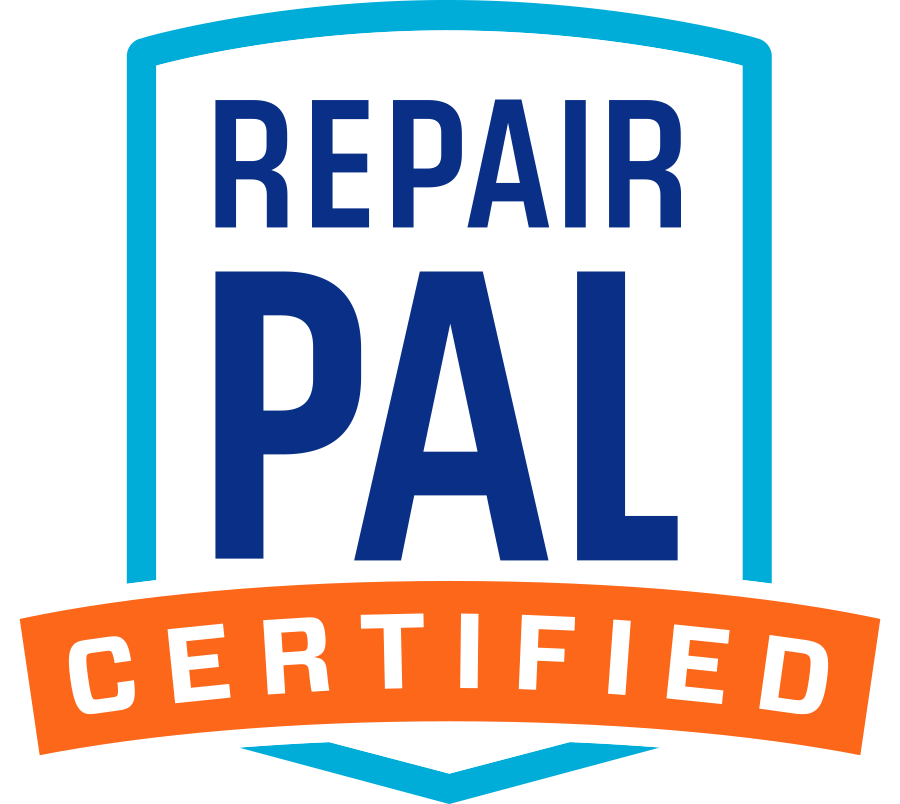Common Signs That Your Car’s Air Conditioning Is Weak
Auto A/C Repair: What YOU NEED to Know
There are few things worse than turning on your car’s A/C on a hot summer day only to be met with warm or weak air. Whether your commute turns into a sweat session or your weekend road trip feels like a sauna, a weak car air conditioner is more than just uncomfortable; it’s a sign that something is wrong.
If your vehicle’s A/C isn’t performing like it used to, here’s what you need to know about auto A/C repair, what could be causing the problem, and when it’s time to visit a professional.
Signs Your Car’s A/C May Be Failing
Auto A/C systems don’t usually fail overnight. Instead, they give off warning signs. Here are a few common symptoms:
- Weak Airflow: Even on the highest fan setting, the airflow feels weak or barely noticeable.
- Warm or Inconsistent Air: The air isn’t as cold as it should be or changes temperature unpredictably.
- Unusual Smells: A musty, moldy, or sweet odor could indicate mold in the system or a refrigerant leak.
- Noisy Operation: Clicking, hissing, or banging noises when the A/C is running may point to a failing compressor or debris in the system.
- Water Leaks Inside the Cabin: This could be from a clogged or damaged evaporator drain.
If you notice any of these signs, it’s time to contact a professional to investigate.
What Causes a Weak A/C System?
Several factors can affect your car’s A/C performance:
- Low Refrigerant (Freon): The most common cause of weak cooling is low refrigerant levels due to a leak. Without enough refrigerant, the system can’t cool the air properly.
- Clogged Cabin Air Filter: A dirty or clogged cabin air filter can restrict airflow, making it feel like the A/C is weak when it’s actually a ventilation problem.
- Faulty Compressor: The compressor is the heart of the A/C system. If it’s failing or seized up, the system won’t cool effectively.
- Electrical or Sensor Issues: Faulty relays, blown fuses, or broken sensors can disrupt the A/C operation entirely or make it run inconsistently.
- Leaking or Blocked Condenser: The condenser helps remove heat from the refrigerant. If it’s blocked by debris or leaking, it won’t cool the air properly.
- Blend Door Problems: These small doors control airflow and temperature inside the cabin. If one is stuck in an open or closed position, you may get warm air even when the A/C is on.
What to Expect from an A/C Repair Service
A qualified technician will run a diagnostic check to identify the issue. Here’s what the typical process looks like:
- Visual Inspection: The technician will check for obvious leaks, damaged hoses, or worn components.
- Refrigerant Level Check: Using gauges, the technician will assess if the refrigerant is low and check for leaks.
- Performance Test: They’ll measure the temperature of the air coming from the vents.
- System Pressure Check: Ensures the compressor and condenser are working correctly.
- Leak Detection: Using UV dye or electronic detectors, they’ll locate any refrigerant leaks.
Once the technician locates the issue, repairs could include:
- Recharging refrigerant
- Replacing the compressor, condenser, or other parts
- Cleaning or replacing the air filter
- Fixing electrical components or controls
How to Avoid Future A/C Problems
Regular maintenance can prevent major A/C failures and save money in the long run. Here are some tips to keep your A/C running well:
- Run your A/C for a few minutes each week, even in winter, to keep parts lubricated.
- Replace the cabin air filter every 12,000–15,000 miles (or as recommended).
- Schedule a full A/C inspection before peak summer heat.
- Watch for leaks or weak performance and address them early.
Is Your Vehicle Suffering From A/C Issues in Northwest Indiana?
If you live or work in
Crown Point,
Schererville, or
Merrillville, IN, and your vehicle’s A/C isn’t blowing cool air,
contact us at Exhaust Masters. We’ve been repairing auto
A/C systems since 1974, and we give every vehicle the 5-star treatment.
